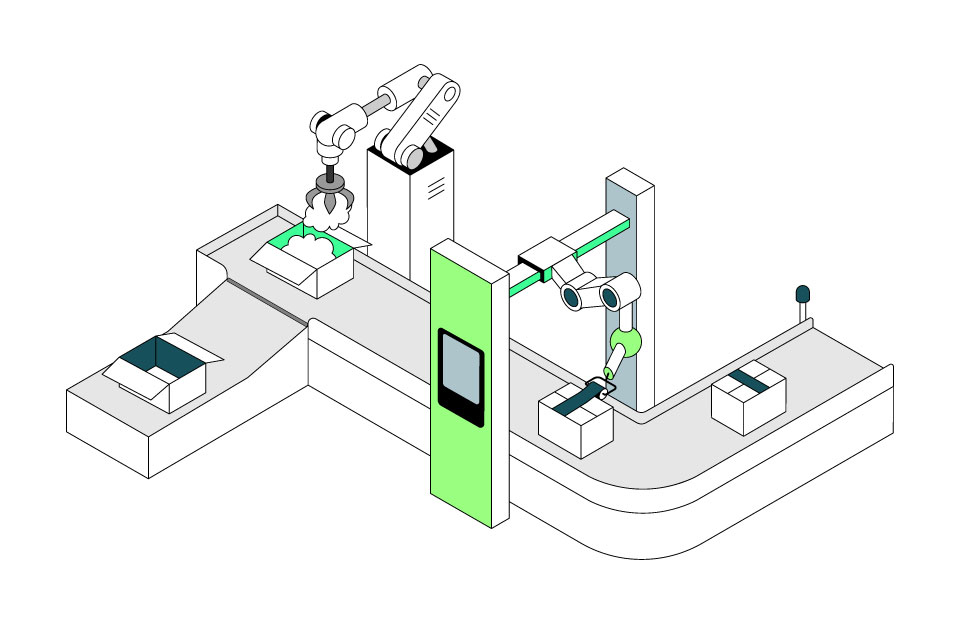This week’s news that OpenAI will remain under the governance of its non-profit board caught my attention, particularly as it may spark a broader conversation about the role of organisations and the purpose they serve in today’s world.
Even amid a challenging macroeconomic environment, there is increasing pressure – and rightly so – for businesses to act with a sense of responsibility that goes beyond the interests of owners, investors and shareholders.
For service-led organisations in particular, there tends to be a healthy focus on delivering positive outcomes and long-term value for customers through exceptional service, with the knowledge that doing so will yield better financial results.
Embedding this ethos within governance frameworks – starting with the make-up of the board – is essential for fostering sustainable success.
Drawing the link between good governance and service excellence
Corporate governance is sometimes thought of in terms of rules and compliance. However, in reality, it’s central to how organisations mitigate risk, stay true to their purpose and unlock long-term performance. It helps manage stakeholders, build trust and ensure integrity.
Businesses that create clear governance frameworks with a focus on genuine service, where the customer is front and centre, are better equipped to treat customers fairly and make decisions that consider their needs along with those of the business.
In practice, this means taking a more proactive approach to incorporating certain aspects of service into company reporting and nominated board member responsibility- something we have been calling on the Government to focus on through our Service Manifesto.
And as our research into governance shows, the organisations that get it right prioritise reporting more comprehensively on their customer satisfaction scores.
They also focus on training non-executives in corporate governance, so they can hold their peers accountable – particularly on service performance.
This, alongside independent, trackable, and benchmarkable measures of service, helps organisations understand customer perceptions and tailor their approach and products accordingly.
Service and reputation
Beyond operational performance and the bottom line, the reputational value of service is growing – something I touched on last week. Our recent Risk & Reputation research shows that over a third of consumers have stopped using a company because of its reputation.
Now is the time for leaders to step up and show the outside world that they can build a business for the future that is both highly profitable and does the right thing for its customers and society – a key driver of lasting trust, customer retention and, ultimately, long-term growth and success.



